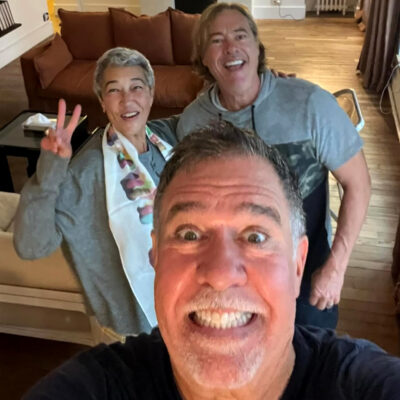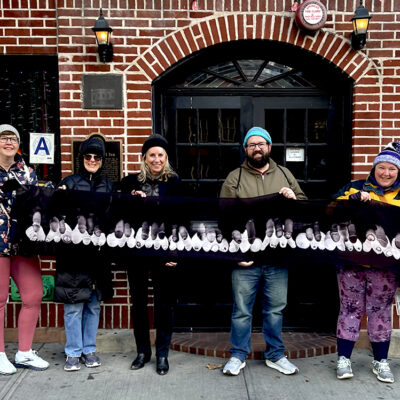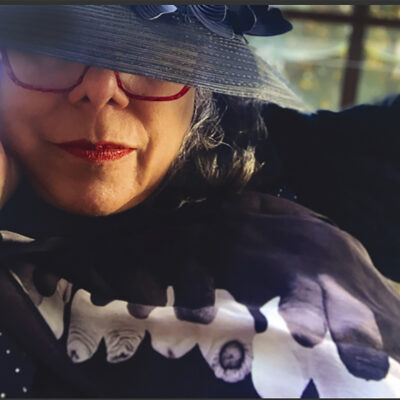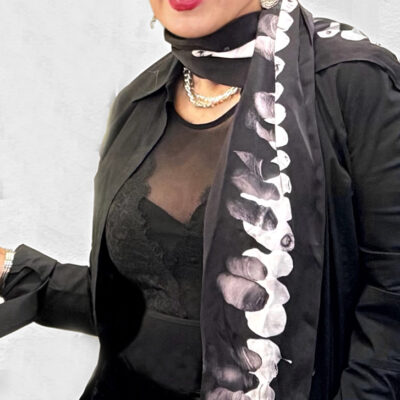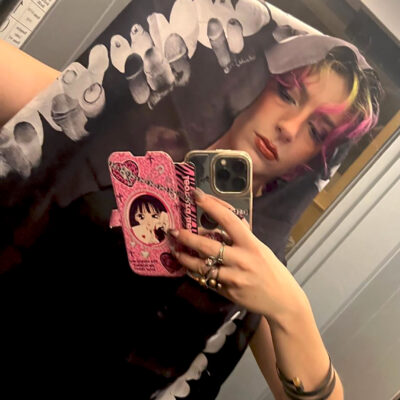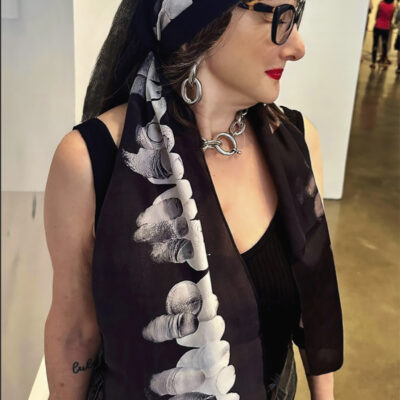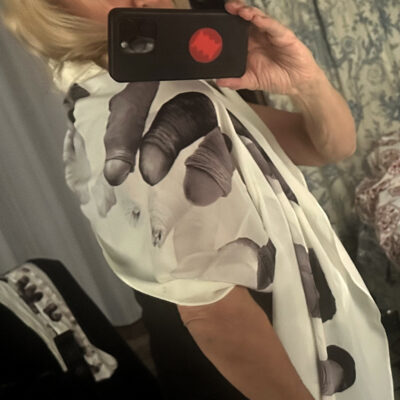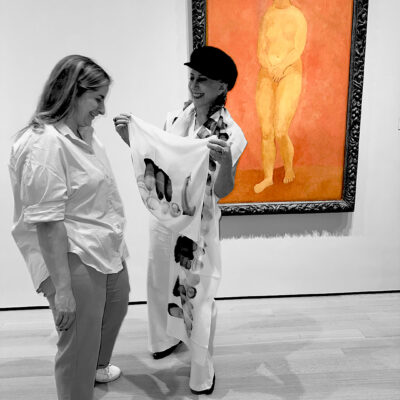THE SILK – BABY GRAND PIANO
Baby Grand Piano Small 72” x 10” / Baby Grand Piano Large 144” x 20”
The Baby Grand Piano Black & White with Black Background or White Background
Also in Color with a White solid or transparent Background
A Dream, A Piano, and the Legacy of Control
From the window of my room in Paris, the Sacré-Cœur Basilica loomed like a sentinel over the city. I had been lost in sleep for days—my body a tired vessel, but my mind still spinning in the quiet labyrinth of my dreams. And then, there it was: a dream so strange, so potent, that it felt like a message from the gods themselves.
I dreamt I created a piano. Not an ordinary one, but one made from 88 penises—52 white and 36 black. The symbolism was as jarring as it was vivid, a vision that blurred the line between the sacred and the profane. When I woke up, I was laughing. It made no sense. The absurdity of it was so overpowering, I couldn’t fathom its meaning. But then, as I lay there, trying to shake off the remnants of sleep, I realized that my dream was, in some strange way, a reflection of my own upbringing, of the deep currents of control that shaped my early life.
Chastity, Control, and the Gendered Weapon of Power
I come from a family that has been entwined with the Vatican for over 500 years. Generations of my ancestors shaped the Church’s history, and in return, the Church shaped them—its values, its doctrines, its politics. As a child, I was taught that chastity before marriage was the highest virtue, the ideal to which every woman must aspire. To lose this purity, to step outside the bounds of this rigid moral structure, was to become “damaged goods.”
What little girl would not want to be considered a godly child? What little girl wouldn’t want to please her parents, the Church, and the world by adhering to these prescribed norms? The message was clear: control the woman—her body, her desires, her voice—and the man would be controlled too.
In the context of my upbringing, the concept of frustrating the male became clear. This was the unspoken rule: Control the woman, frustrate her sexuality, and you will control the man. By keeping women in check, by suppressing their agency and their sexual power, you create a kind of internal war. A man who cannot connect with a woman in love, who cannot experience the natural flow of affection, becomes a weapon—a frustrated, confused force, ready to unleash violence in other forms. The Church’s teachings about celibacy and chastity were not just about holiness; they were tools of power, used to mold individuals into obedient, frustrated, and often dangerous beings.
The Piano: A Metaphor for Power and Subjugation
Returning to the image of the piano in my dream—88 penises, 52 white and 36 black—it is impossible to ignore the power dynamic embedded in it. The piano itself, with its keys divided into white and black, becomes a representation of the binary systems we’ve created to understand power, race, gender, and sexuality. The male body, reduced to an object of control, is the material from which this metaphorical piano is built.
In my dream, the woman’s touch becomes an essential element in this story. The woman must touch the keys—she must engage with the male body, with the very forces that seek to subjugate her, to understand how this system works. The music she plays, whether joyful or tragic, is the product of that interaction. The act of playing the piano is a powerful metaphor for how women are asked to navigate the structures of power: they must engage with them, touch them, play the tune that is written for them, even when it’s not their song.
But what if the woman, instead of simply following the pattern, plays a new melody? What if the piano is reimagined—not as a tool of frustration and control, but as an instrument of liberation, of creation? The symbolism is both heavy and freeing: the keys made of male power are still part of the structure, but the act of playing them—transforming them into music—becomes an act of resistance.
Breaking the Cycle: From Control to Creation
What I realized, as I reflected on my dream and my upbringing, was this: the power structures of religion, culture, and patriarchy don’t have to define us. They don’t have to hold sway over us forever. The piano—this strange, surreal metaphor—became a way for me to understand that true liberation lies not in rejecting the forces that have shaped us, but in redefining them, in transforming the raw materials of control into something new.
The Church, my family’s legacy, the historical weight of 500 years—all of these forces played their part in shaping me. But they don’t own me. They don’t dictate my path. The dream was a reminder that while we may be born into systems of power, we are not doomed to live under them forever.
The real act of power, the real act of freedom, is found in creation. It is found in playing the piano of our own lives—not just touching the keys of others’ control, but writing our own songs.
Conclusion: The Gift of the Dream
I may never fully understand the meaning of that dream—the 88 penises, the Sacré-Cœur, the strange combination of purity, power, and frustration. But perhaps that’s the point. The dream is a gift, a chaotic but profound reminder that we have the ability to shape our own fate.
In the end, a happy man will never go to war—and a woman who embraces her own power, who creates her own music, will never let the world dictate her story. The fight isn’t external. It’s internal, and it’s one of creation versus destruction, harmony versus conflict.
We have the keys to play the song of our lives. What will the music be?

